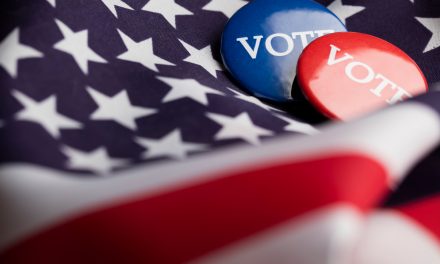On July 1, 2015 the state of Indiana repealed its Common Construction Wage (CCW), which has resulted in devastating effects. The CCW is the term for prevailing wage in Indiana.
Prevailing wage laws require construction workers be paid a wage and benefit packages based on the majority of what the workers in the region earn on public construction projects. Prevailing wage ensures fair competition by not allowing unscrupulous contractors to undercut their competition. Prevailing wages also ensure that contractors can provide robust training programs for its workforce.
Numerous peer reviewed studies over the past 10 years have concluded that prevailing wage does not drastically raise the cost of public construction and protects workers by employing contractors with better safety standards.
The Indiana State Building and Construction Trades Council (IBCTC) testified before the Indiana State Budget Committee that the cost of public projects has increased dramatically since this repeal. The reason for this cost increase, is the reduction in the number of contractors bidding on projects. This decrease is attributable to reputable contractors not bidding, because they fear they will be undercut by other contractors who commit fraud. Many of these contractors undercut the market through tactics such as misclassifying employees as independent contractors in an effort to skirt paying benefits, payroll taxes, unemployment insurance, and workers compensation.
In an effort to combat these harmful measures, the BCTC has been lobbying to implement a responsible bidder ordinance. This type of ordinance ensures proper licensing, staffing, and favors local economies by preventing the importation of workers from outside the local area for projects. These sorts of measures are not new to Indiana. Newtown County implemented such an ordinance in 2007, followed by Crown Point County in 2008.
ACT Ohio reported earlier this month that West Virginia repealed its prevailing wage laws. ACT Ohio strongly opposes the repeal of prevailing wage laws. We will follow the impact of the West Virginia action decision, and report those results as they become available.




